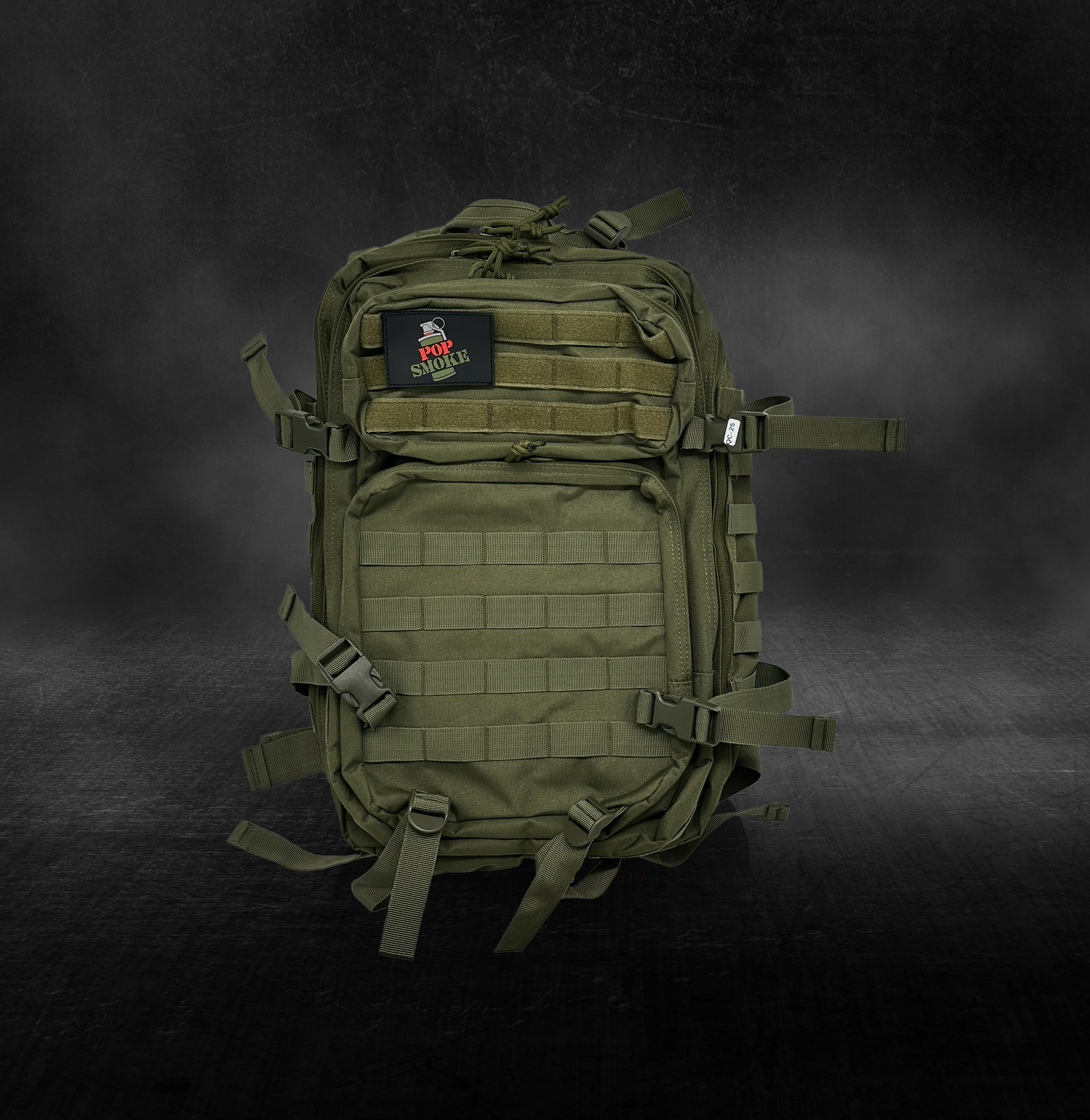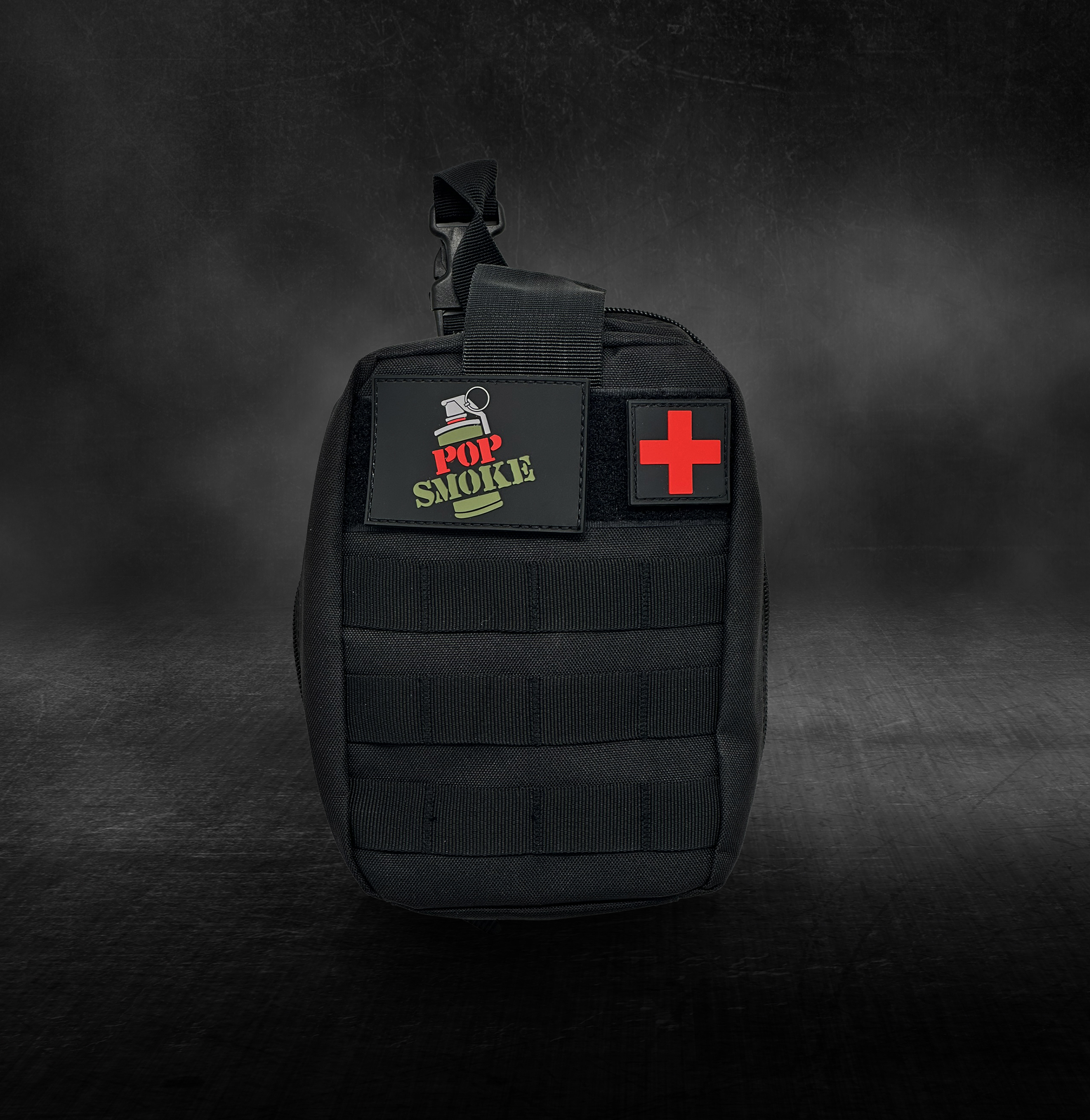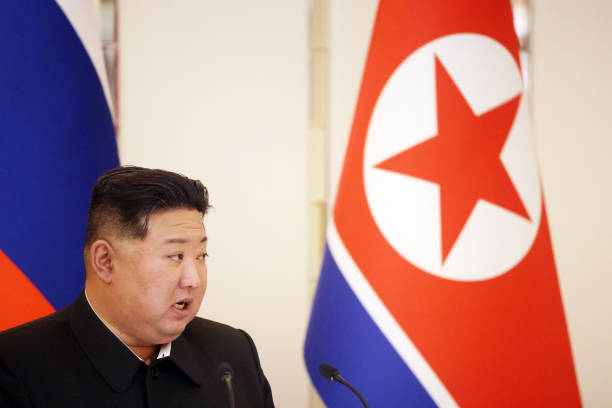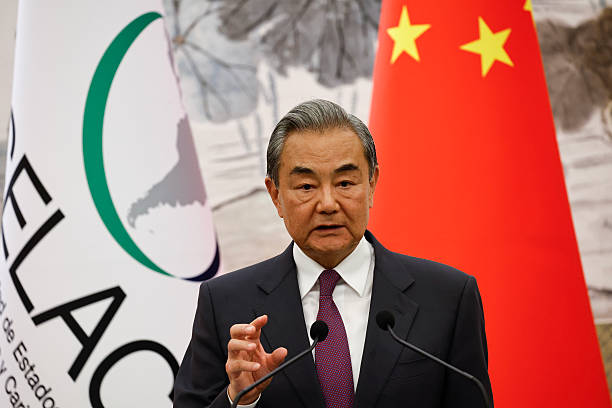Iran Launches Missile Strike on U.S. Base in Qatar Following U.S. Attacks on Nuclear Sites
Iran launched a missile strike on the U.S. Al Udeid Air Base in Qatar following American attacks on Iranian nuclear sites, causing no casualties or damage but escalating regional tensions.
.jpg) ANKARA, TURKIYE - JUNE 23: An infographic titled "Iran launches missile attack on US base in Qatar" created in Ankara, Turkiye on June 23, 2025. (Photo by Mehmet Yaren Bozgun/Anadolu)
ANKARA, TURKIYE - JUNE 23: An infographic titled "Iran launches missile attack on US base in Qatar" created in Ankara, Turkiye on June 23, 2025. (Photo by Mehmet Yaren Bozgun/Anadolu)One of the largest U.S. military bases in the Middle East, Al Udeid Air Base in Qatar, was struck Monday by Iranian ballistic missiles, days after the United States carried out a large-scale airstrike on Iranian nuclear facilities, the Pentagon confirmed.
A U.S. defense official stated that both short-range and medium-range ballistic missiles were fired from Iran toward the base. President Donald Trump later posted on social media that 14 missiles had been launched in total, and while there were no reported U.S. casualties, the base appeared to have sustained no damage.

The missile attack follows the weekend’s unprecedented U.S. operation targeting three major Iranian nuclear sites using B-2 Spirit stealth bombers, fighter jets, and cruise missiles, in what has been described as the largest B-2 operational strike in history.
In his post, Trump wrote that “hardly any damage was done” at Al Udeid, which normally hosts between 5,000 and 10,000 personnel. He noted that 13 of the 14 missiles were “knocked down” while one was “set free” because it was heading in a non-threatening direction. Defense officials could not confirm whether the interception was carried out by U.S. or Qatari forces, or specify what defense platforms were used.
In anticipation of potential Iranian retaliation, U.S. military officials had reportedly dispersed forces across the region to reduce vulnerability. Satellite imagery taken last week showed no visible aircraft at Al Udeid, suggesting preemptive evacuations or redeployments. Additionally, the U.S. Navy had moved several ships to sea from its base in Bahrain, including six patrol craft, four mine countermeasure ships, and a littoral combat ship.
U.S. officials indicated they were prepared for such an attack. Gen. Dan Caine, Chairman of the Joint Chiefs of Staff, said in a rare press briefing on Sunday, “We’re being proactive and not reactive, and being very thoughtful about ensuring that we do all that we can to protect our forces out there,” though he declined to offer specific details about force protection measures.
Trump claimed in his social media statement that Iran gave the U.S. advance notice of the strike, suggesting that Tehran may be attempting to de-escalate. “They’ve gotten it all out of their ‘system,’ and there will, hopefully, be no further HATE,” Trump wrote.
At the same press briefing, Defense Secretary Pete Hegseth emphasized that the U.S. strikes were not intended to initiate an open-ended conflict in the Middle East. “As the president has directed and made clear, this is most certainly not open-ended,” Hegseth said. He described the operation as “intentionally limited” and added, “We ultimately demonstrated that Iran cannot have a nuclear capability — that is a very clear mission set on this operation.”
However, he acknowledged the risks involved: “Anything can happen in conflict — we acknowledge that.”
Meanwhile, the State Department issued a worldwide caution alert on Sunday, warning U.S. citizens abroad of potential demonstrations or backlash. The advisory urged Americans to “exercise increased caution” globally amid heightened tensions.
















Conversation